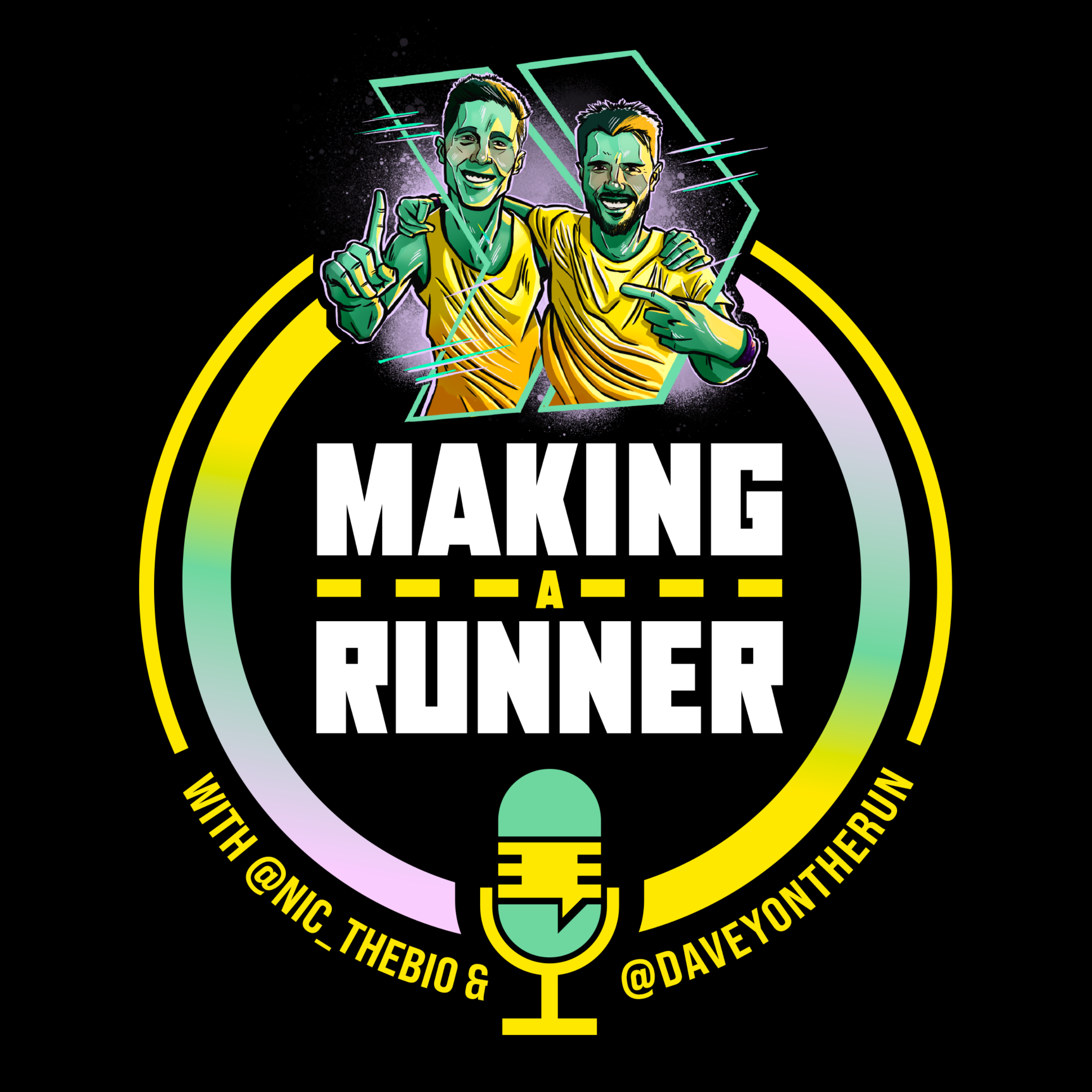- After-Shows
- Alternative
- Animals
- Animation
- Arts
- Astronomy
- Automotive
- Aviation
- Baseball
- Basketball
- Beauty
- Books
- Buddhism
- Business
- Careers
- Chemistry
- Christianity
- Climate
- Comedy
- Commentary
- Courses
- Crafts
- Cricket
- Cryptocurrency
- Culture
- Daily
- Design
- Documentary
- Drama
- Earth
- Education
- Entertainment
- Entrepreneurship
- Family
- Fantasy
- Fashion
- Fiction
- Film
- Fitness
- Food
- Football
- Games
- Garden
- Golf
- Government
- Health
- Hinduism
- History
- Hobbies
- Hockey
- Home
- How-To
- Improv
- Interviews
- Investing
- Islam
- Journals
- Judaism
- Kids
- Language
- Learning
- Leisure
- Life
- Management
- Manga
- Marketing
- Mathematics
- Medicine
- Mental
- Music
- Natural
- Nature
- News
- Non-Profit
- Nutrition
- Parenting
- Performing
- Personal
- Pets
- Philosophy
- Physics
- Places
- Politics
- Relationships
- Religion
- Reviews
- Role-Playing
- Rugby
- Running
- Science
- Self-Improvement
- Sexuality
- Soccer
- Social
- Society
- Spirituality
- Sports
- Stand-Up
- Stories
- Swimming
- TV
- Tabletop
- Technology
- Tennis
- Travel
- True Crime
- Episode-Games
- Visual
- Volleyball
- Weather
- Wilderness
- Wrestling
- Other
S2|E20 - Pain, Persistence and Progress: Strategies for Dealing with Running Injuries with Physiotherapist, Julie Rawdon.
Running injuries are inevitable, that's the unfortunate reality of taking running seriously, setting and working towards goals. There are going to be set-backs and there are going to be periods of dis-ease but they don't have to knock you back to square one.In this conversation with physiotherapist, Julie Rawdon, who has a special interest in biomechanics, we take a look at running injuries from a holistic perspective. We discuss:understanding why injuries happen.how to anticipate and be proactive about keeping injuries at bay. the three-prong approach to treating injuries: the mind, the role of the therapist and the role of the runner.the value of pain and what it's trying to teach us.strategies for coping with running injuries: rest and increasing capacity for training load. common running injuries and how we should approach them including: ITB Syndrome, Shin Splints, and Tendinopathies.<br/>*As Julie stresses, there is no one size-fits all or blanket approach to injuries. Runners will develop injuries for different reasons and experience their symptoms differently too. The strategies discussed within the context of this conversation are there to serve as guidelines, if you are battling with recurring injuries and abnormal (by your own standards) amounts of pain, please reach out to a professional for help!

